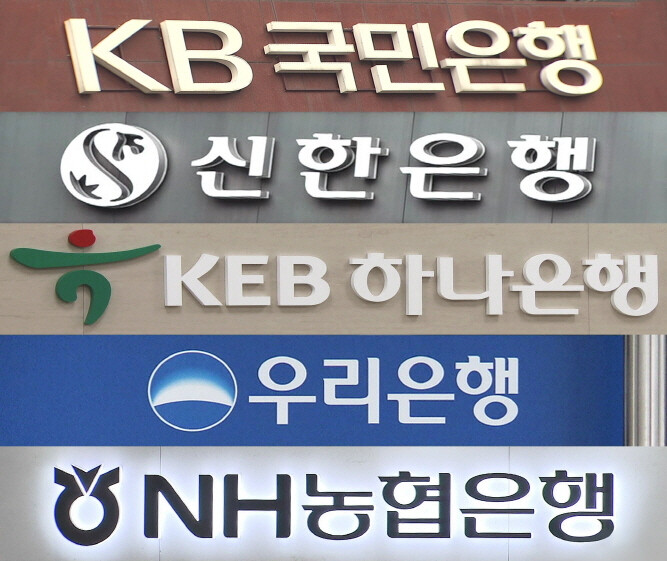
SEOUL – Delinquent loans in the construction sector have reportedly more than doubled at South Korea's five largest banks in the first half of this year, signaling a rapid deterioration in asset quality due to the severe slump in the construction industry.
According to management disclosures from the five major banks—KB Kookmin, Shinhan, Hana, Woori, and NH Nonghyup—the total amount of delinquent construction loans reached 230.2 billion won by the end of the first half of this year.
This figure marks a more than twofold increase from 111.6 billion won at the end of last year. In just six months, delinquent loans surged by nearly 120 billion won. A delinquent loan is defined as one with overdue principal or interest payments of one month or more.
The increase in delinquent construction loans was seen across all five banks:
KB Kookmin Bank: Increased from 22.2 billion won to 48.2 billion won.
Shinhan Bank: Rose from 22.4 billion won to 33.4 billion won.
Hana Bank: Grew from 21.6 billion won to 30.3 billion won.
Woori Bank: Jumped from 18.7 billion won to 33.3 billion won.
NH Nonghyup Bank: Soared from 26.7 billion won to 85.0 billion won.
This trend is starkly different from the overall loan portfolio of these banks. Their total delinquent loans (including household loans) actually decreased by 8% from 89.952 trillion won at the end of last year to 82.806 trillion won by the end of the first half of this year.
Broader Industry Woes and Future Outlook
The rise in delinquencies isn't confined to the construction sector alone. Delinquent loans in the real estate industry, which includes sales, leasing, and development, have also been on a steady upward trajectory. These loans grew from 419.3 billion won in the first half of last year to 572.7 billion won by the end of last year, and further to 621.1 billion won by the end of the first half of this year.
The outlook for construction loan delinquencies remains grim. The Bank of Korea recently revised its forecast for annual construction investment, predicting an 8.3% decline this year, a further downgrade from its earlier projection of -6.1% in May.
Bank of Korea Governor Rhee Chang-yong highlighted the construction sector's significant impact on the national economy, stating, "Our economy is heavily influenced by the construction industry, to the point where an increase of 0% in construction investment could potentially lead to a 2.1% growth rate for the year."
A commercial bank official noted that the real estate market downturn, particularly in provincial areas, is a key factor. "Shrinking demand and a rise in unsold units are contributing to the decline. The increased costs of raw materials and labor are also weakening the financial health of construction borrowers, leading to more delinquencies," the official explained. Another official added, "The worsening construction market in provincial areas has led to an increase in loan delinquencies among small and medium-sized construction companies."
[Copyright (c) Global Economic Times. All Rights Reserved.]





























